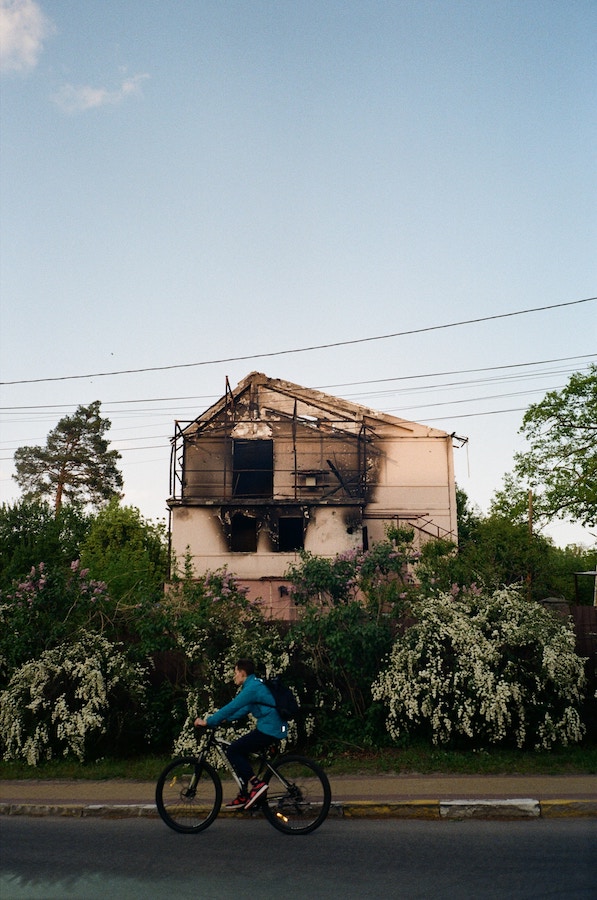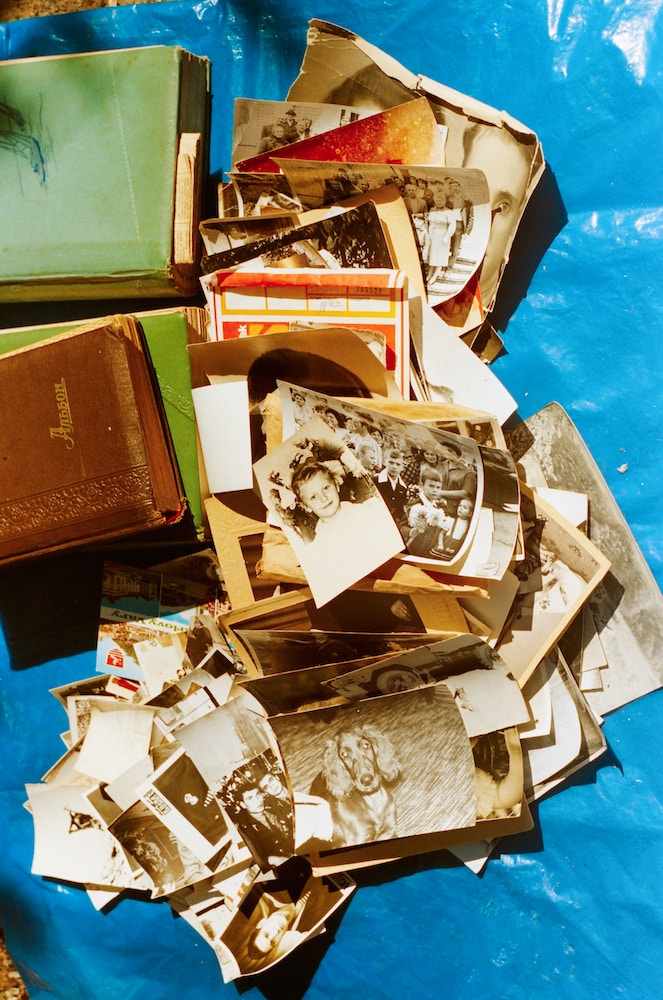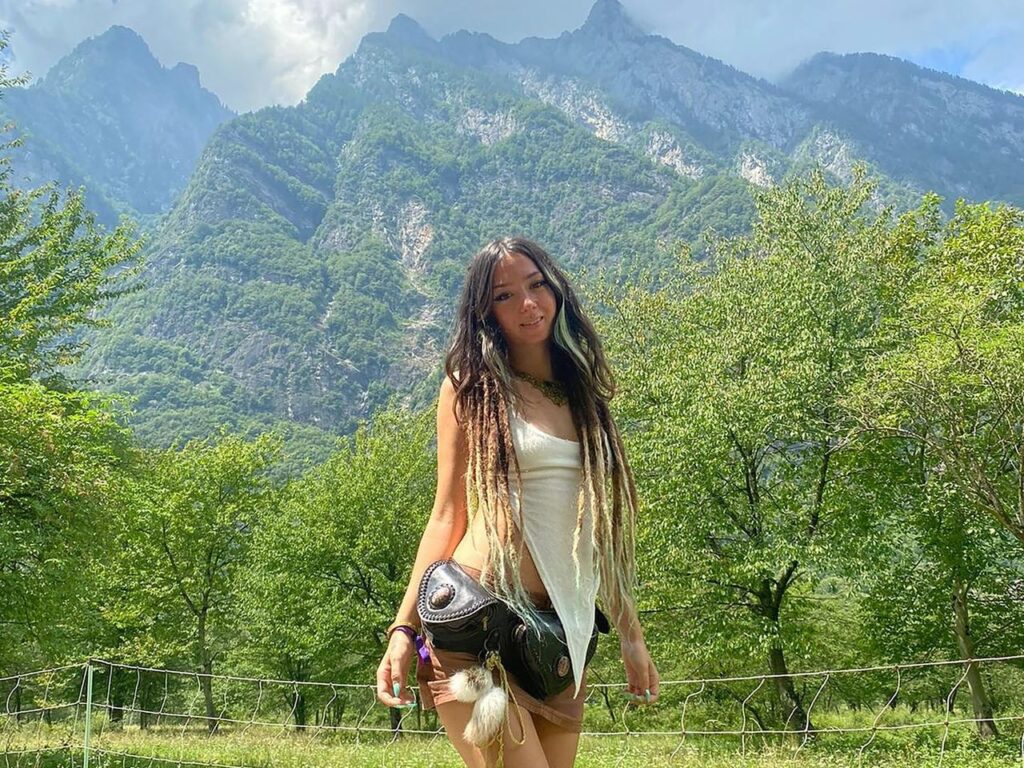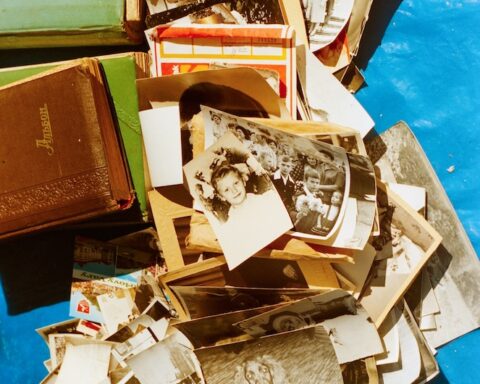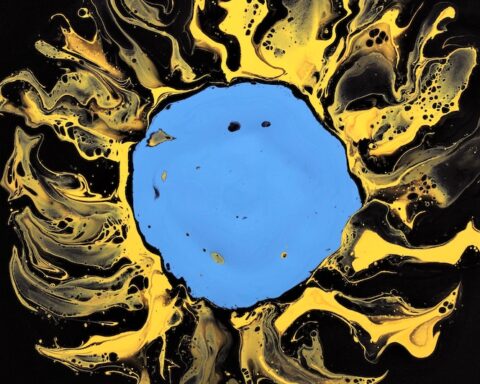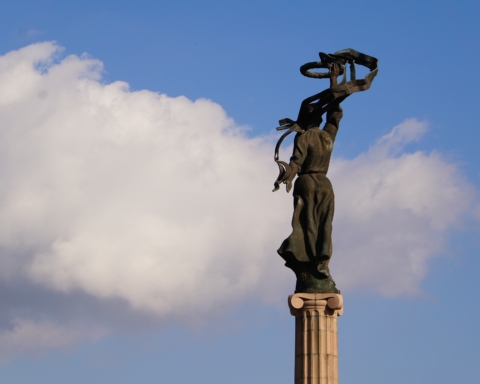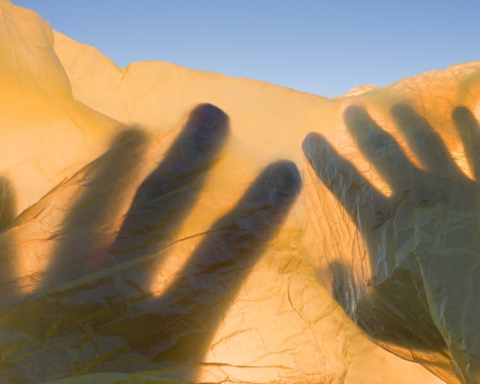The rabbi from Odessa has bought enough food
To feed his congregation for a year:1
Sugar, macaroni, canned fruit.
He has arranged security and evacuation buses, too.
In a place that was once the third largest Jewish population in the world,
Home to forty synagogues,
They remember the hangings in the streets, the burnings in the square,
Murders in the basements.
The whole of Odessa is a tomb.2
In a bed next to mine, my grandmother from Kiev
Used to wake up from nightmares, screaming.
From under my covers, in those childhood nights,
I was afraid of the ghosts in her eyes.
She could never shake the chill of Russia
And died at 60.
Now, her blood is still bound up within me.
Amid the thunk of trench digging, the thunder of war,
Grandmothers
Are trading shawls for helmets and camouflage gear,
Taking up arms and training for combat.
And I hear her quivering voice
Echoing through the streets of Kyiv.
“Bubelah,” she whispers this time,
“When an invader comes, I will resist, and I will be furious.” 3
The worst thing in life is not death, she taught me;
It is being afraid.4
—for Marcine
1. Rabbi Avraham Wolff, New York Times
2. Njusia Verkhovskaya, New York Times
3. Valentina Konstantinovska, BBC
4. Ruth Salton, New York Times
—
Sue Eisenfeld’s writing has appeared in The New York Times, The Washington Post, The Forward, Gettysburg Review, and many other publications. She is the author of two books of creative-nonfiction, teaches writing at Johns Hopkins, and reads the paper incessantly online.
Photo by Ksenia Kazak .

